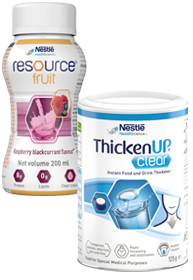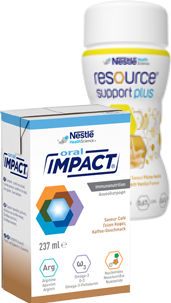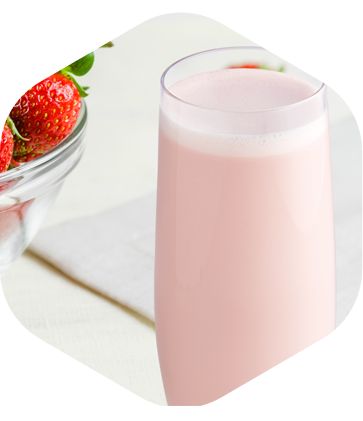Common Questions About Hair Loss During Cancer Treatment
Although this is deeply associated with cancer treatment, not all people lose their hair
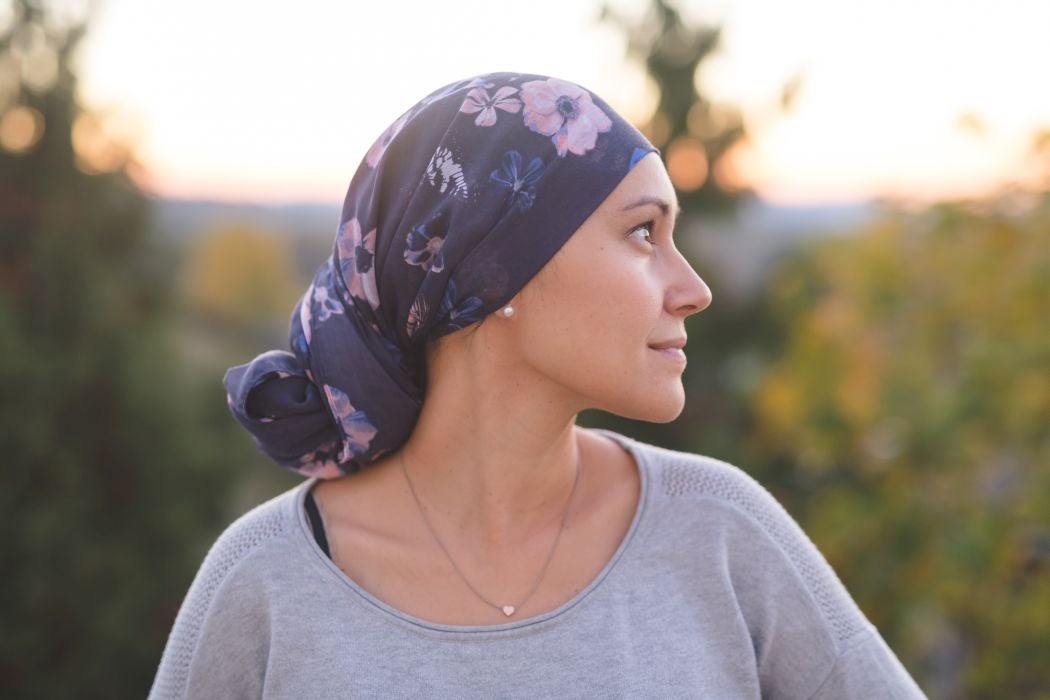
Hair loss is a possible adverse reaction to some cancer treatment procedures. Check the answers to some of the most frequently asked questions about it.
Does hair always fall during cancer treatment?
No, not always. Induced alopecia, the medical name for this situation, can be total or partial. The first hair strands usually start to fall out in a few days or weeks after the first treatment sessions. The head is not the only area affected, as hair may fall from other parts as well, such as eyebrows, arms and the pubic region.2,3
Hair loss during treatment depends on several factors, such as the type of therapy required, medication doses used in some of these therapies, and physical characteristics, such as genetic tendency to hair loss and health issues.2-4 Among treatments that may lead to it are:3
- Chemotherapy with some categories of specific drugs, such as topoisomerase inhibitors, antimetabolites and antimicrotubule agents;
- Radiotherapy;
- Targeted therapy.
Is there any way to prevent hair loss during treatment?
There are therapies that try to slow down the process. The main one is scalp cooling, a technique in which people use a thermal cap that decreases the scalp temperature and affects blood circulation in the area, preventing the substances in the drugs from reaching the hair.1
Am I allowed to do cosmetic procedures in my hair during treatment?
Experts recommend avoiding any aesthetic procedure that may somehow hurt the scalp during cancer treatment because it will be more sensitive and susceptible to injuries. Ideally, you should refrain from: 2
- Using the hair dryer at high temperatures;
- Bleaching or dying your hair;
- Using a straightening flat iron or curling iron too close to the scalp;
- Doing procedures that involve using strong chemicals.
What happens to hair after cancer treatment?
Hair loss is temporary. It will naturally grow again between three and six months after treatment ends. It may be a different texture or even color at first sometimes, but this is also temporary. It will go back to its natural state after some time.1-,3
Hair loss still greatly impacts cancer patients psychologically nowadays. Any measures that may reduce chemotherapy side effects are expected to lead to more quality of life. Research shows that scalp cooling is currently the only safe and effective option available for reducing and even preventing hair loss. Talk to your doctor about the possibility of performing this or another known and safe therapy if you want.1
References:
1 - Dunnill CJ, Al-Tameemi W, Collett A, Haslam IS. A Clinical and Biological Guide for Understanding Chemotherapy-Induced Alopecia and Its Prevention. Available at: https://www.researchgate.net/publication/320063000_A_Clinical_and_Biological_Guide_for_Understanding_Chemotherapy-Induced_Alopecia_and_Its_Prevention. Access on: November/2019.
2 - Moore CD. Hair Loss Due to Cancer Treatment. Available at: https://www.pharmacytimes.com/publications/issue/2015/september2015/hair-loss-due-to-cancer-treatment. Access on: November/2019.
3 - Rossi A, Fortuna MC, Caro G, Pranteda G, Garelli V, Pompili U, Carlesimo M. Chemotherapy-induced alopecia management: clinical experience and practical advice. Available at: https://www.ncbi.nlm.nih.gov/pmc/articles/PMC5540831/. Access on: November/2019.
4 – Bodó E, Tobin DJ, Kamenisch Y, Bíró T, Berneburg M, Funk W, Paus R. Dissecting the Impact of Chemotherapy on the Human Hair Follicle. Available at: https://www.ncbi.nlm.nih.gov/pmc/articles/PMC1988866/. Access on: November/2019.
Know more about the subject

Is it Possible to Have a Vegetarian Diet During Cancer Treatment?
It’s best if patients do not make any dietary changes before talking to their doctor or nutritionist

Cancer Survivorship: Stages, Statistics, And Care

Eating well after cancer: your diet after chemotherapy
A healthy diet after chemotherapy can help you regain your strength and promote good health.

Navigating Nutrition: Colon Cancer Diet Advice
Eating well and following a balanced, nutritious diet is one of the best ways you can prepare for colon cancer treatment 1. But what is a healthy ‘colon cancer diet’?
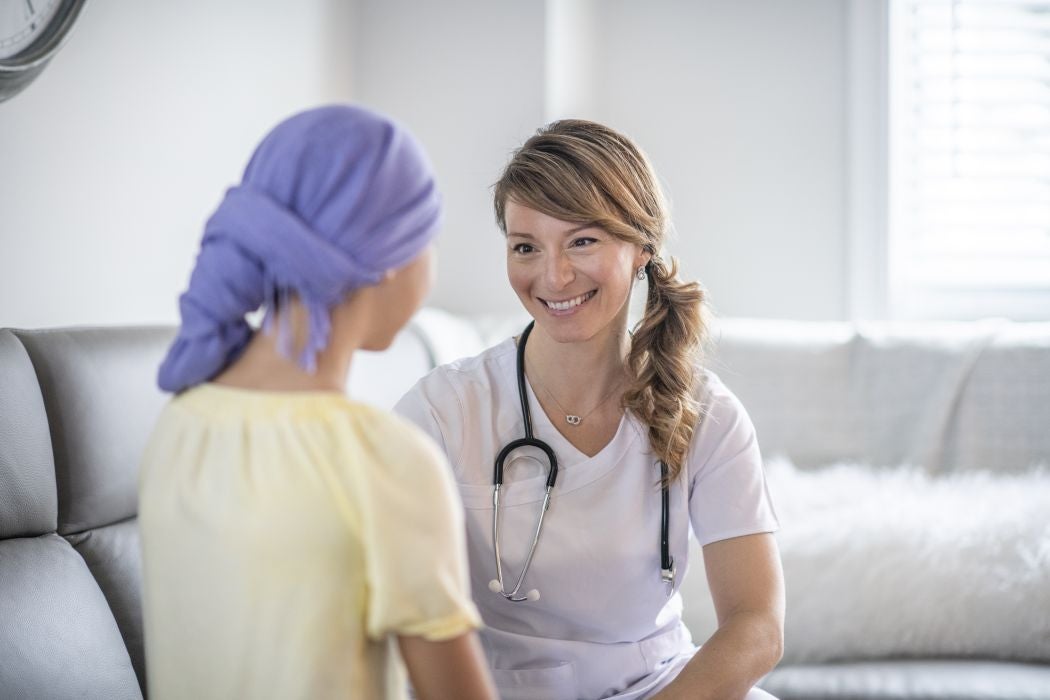
Crucial Points in the Doctor-Cancer Patient Relationship
One of the principles of the doctor-patient relationship is the patient’s right to know and decide on everything that involves their health.
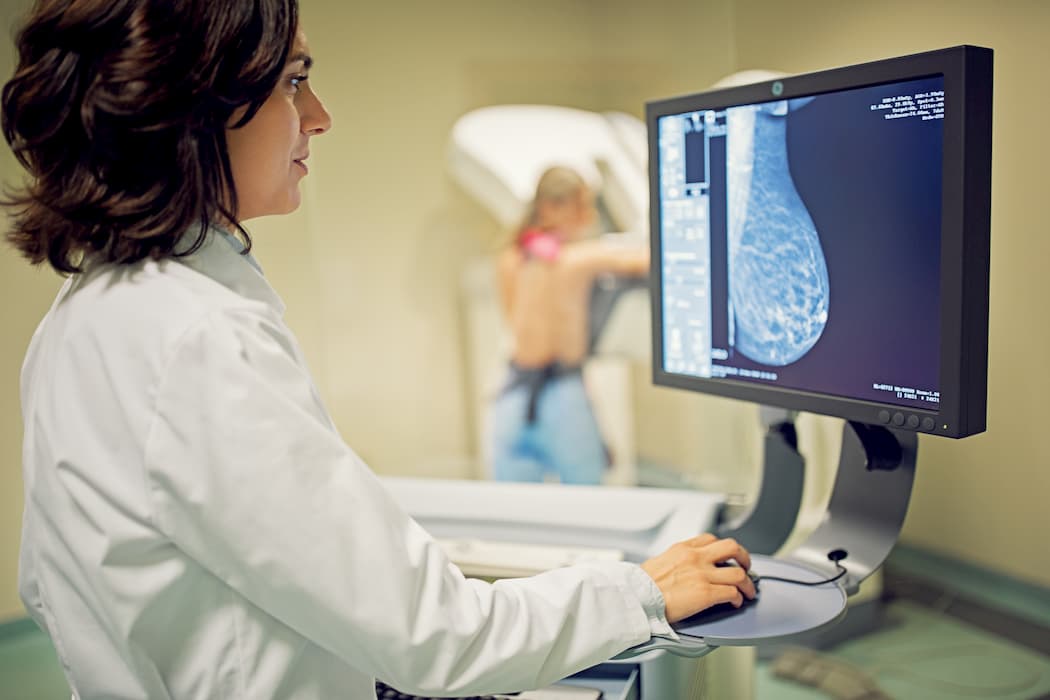
Cancer: What Is It, Risk Factors and Stages
It’s only natural to feel scared and anxious after receiving such news, but treatments have come a long way, and the chances of recovery greatly increase with an early diagnosis.1

